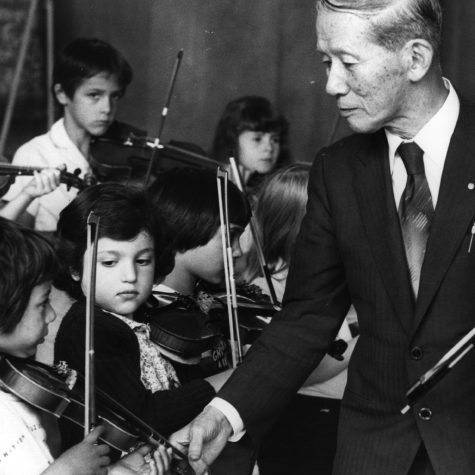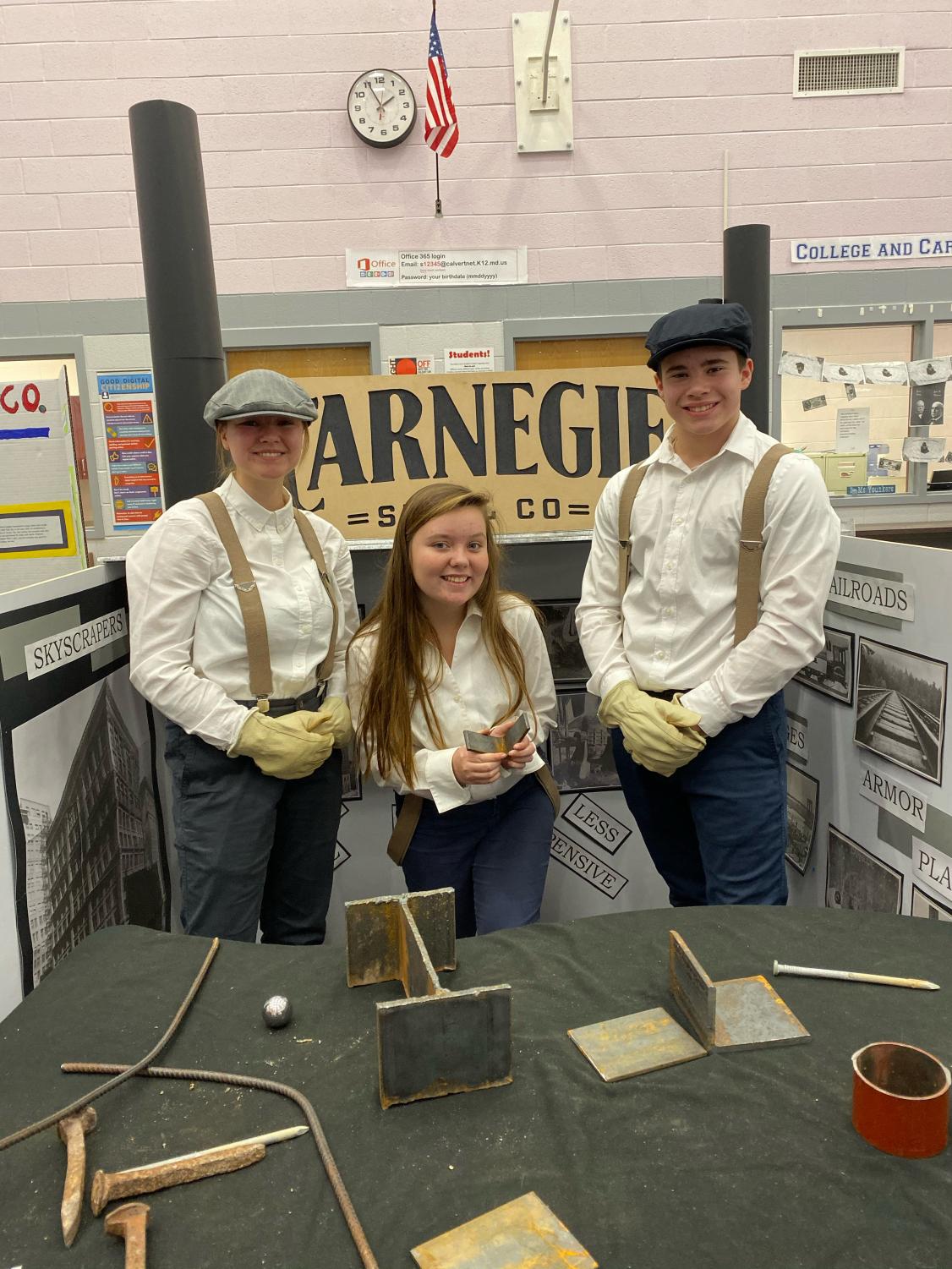What Violin Prodigies Have to Do with Very Unmusical Teenagers
We’ve all seen crazy Youtube videos of five-year-olds playing the violin, sounding like professionals. Most of those who learn at a very young age are trained using the Suzuki Method, a program created by Shinichi Suzuki that revolutionized musical education during the 1960s and 1970s.

Suzuki taught that listening, constant repetition, loving praise, and, most unorthodox, delaying musical reading (playing by ear, not reading music notes) could be used to increase children’s abilities, musically and otherwise. The method has been described as stemming from “[Suzuki’s] belief that musical ability is not innate – [that it is] a skill that every child can develop with careful nurturing and training.”[1]
When I hear people talking about how they’re just not good at something, whether it be math, or rhythm, or simply using commas, Suzuki rings in my ears. While some may have talent or a natural predisposition, Suzuki’s philosophy doesn’t just apply to music, but to anything that can be taught and learned.
I interviewed members of the American Youth Symphony Orchestra, which is, according to the Washington Post, “widely considered to be [part of] the flagship of the DC area youth orchestra programs”[2] about their take on our question of talent versus practice. These individuals all have experience with the Suzuki method and are phenomenal violinists.
Josephine Van Hoey of Wakefield High School, Arlington, VA, described her experience: “I started playing violin when I was five. I [used the Suzuki method]. I think it provided a lot of discipline [with] practicing violin and scales, and [aided] time management skills – and that helps in school. I am firmly on the side of learning skills [over innate talent]. Sometimes things come more naturally to some people than others, but I feel that if you work hard enough at something you can achieve a good end result.”[3]
Audrey Pierson has been playing violin for about eight years. She also used the Suzuki method. “I’ve definitely learned memorization,” said Pierson, “ and probably just patience overall.”[4] Gigi Payne of Linganore High School, Frederick, MD, has been playing violin for thirteen years. She said, “I like [playing violin] a lot. It’s definitely practice [that determines success]. My mom’s really into the Suzuki method, so I’ve gone through it, and my younger siblings, now, are going through it. It’s a lot of practice and hard work but it pays off.”[5] Both Pierson and Payne say the skills they’ve developed playing the violin have helped them at school. Those with performing experience concur with Suzuki.
Scientific research also supports Suzuki’s philosophies. One study found that “performance after extended experience [is] not rigidly limited by unmodifiable, possibly innate, factors, but can be further increased by deliberate efforts… individuals acquire virtually all of the distinguishing characteristics of expert performers through relevant activities.”[6] Therefore, for skills that can be learned and taught, performance is based on practice, not natural talent.
Suzuki taught that ability isn’t innate – it’s not just talent – but that anyone can develop a skill with careful training. But most teens aren’t worried about winning concerto competitions. Most teens aren’t striving for the concertmaster seat in LA Phil. More teens are more worried about figuring out algebra or getting on a sports team. When discouragement arises in even these nonmusical ventures, Suzuki’s ideologies hold. Whatever the challenge, ability isn’t innate. It can be cultivated through careful practicing.
[1] Suzuki Viola School, Vol 8: Viola Part. Alfred Music Publishing, 2005.
[2] Midgette, Anne. National Youth Orchestra’s Musicians Act as “Ambassadors” around the World. The Washington Post, 11 July 2013
[3] Van Hoey, Josephine. Interview by Madelyn Crawford, 21 Mar. 2023.
[4] Pierson, Audrey. Interview by Madelyn Crawford, 21 Mar. 2023.
[5] Payne, Gigi. Interview by Madelyn Crawford, 21 Mar. 2023.
[6] K. Anders Ericsson, et al. “The Role of Deliberate Practice in the Acquisition of Expert Performance.” Psychological Review, vol. 100, no. 3, 1993, pp. 363–406, https://doi.org/10.1037//0033-295x.100.3.363.








